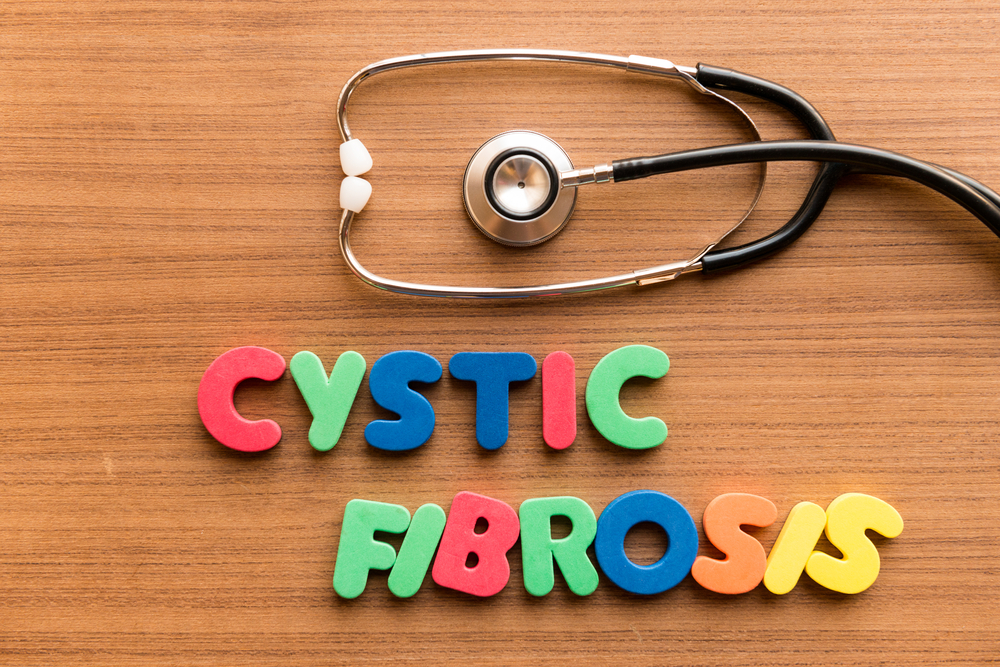Galapagos Provides Update on Cystic Fibrosis Therapies in Development

Galapagos is advancing its development of a range of cystic fibrosis (CF) treatments intended for use in combinations — either with already approved CF therapies or with its own compounds — the Belgian biotech company announced.
Phase 2 trials
Among the advances is completion of a Phase 2 trial called FLAMINGO (NCT03119649). The study explored a corrector of the CFTR gene (the gene defective in CF), called GLPG2222. CFTR correctors help cells produce a functional CFTR protein even though the gene is mutated.
The study included 59 patients with two copies of the F508del mutation in the CFTR gene. All participants had stopped treatment with Orkambi (lumacaftor/ivacaftor) or tezacaftor-ivacaftor at least four weeks before the study began. The trial explored four different daily doses of GLPG2222, comparing the treatment to a placebo.
Patients were treated for four weeks, and were then monitored for an additional two weeks.
While the study’s main objective was to explore the treatment’s safety and tolerability, it also showed that GLPG2222 reduced sweat chloride levels — a measure of the drug’s effectiveness. The study noted no impact on lung function, which researchers said was expected.
Patients mostly experienced mild or moderate adverse effects, and most adverse events were typical for CF patients. Three patients had severe adverse events; two of them — both of whom had received placebo — developed lung exacerbations caused by infection. One additional patient, who received the second-lowest dose of GLPG2222, had two infectious exacerbations during the monitoring period, the company said.
“The FLAMINGO results, coming on the back of the positive ALBATROSS patient study findings, further support that GLPG2222 was well tolerated in CF patients,” Piet Wigerinck, chief scientific officer of Galapagos, said in a press release. “In addition, the exposures achieved, coupled with the activity observed on sweat chloride, support our dose selection plans for the triple combination therapy.”
The ALBATROSS trial (NCT03045523) explored GLPG2222 in combination with Kalydeco (ivacaftor).
Kalydeco, Orkambi, and tezacaftor are therapies developed by Vertex Pharmaceuticals.
While GLPG2222 is Galapagos’ most well-investigated compound, the company recently started a Phase 2 trial of another CFTR corrector — GLPG2737 — in combination with Orkambi.
The PELICAN study, which runs only in Germany, also focuses on patients with two F508del mutations. In similarity to the FLAMINGO trial, PELICAN focuses mainly on safety and tolerability, but will also explore effectiveness measures, including sweat chloride.
Phase 1 trials
Together with its partner AbbVie, Galapagos is also developing a so-called backup CFTR corrector, called GLPG2851. The compound, which uses another mechanism to overcome the gene mutation, is intended for use in combination with other Galapagos treatments. The Phase 1 trial, underway in Belgium, explores the safety of the compound in healthy volunteers.
Meanwhile, another Phase 1 trial has dosed its first healthy volunteer with a triple combination including the CFTR potentiator GLPG3067, and the two different correctors GLPG2222 and GLPG2737. In contrast to correctors, potentiators make it easier for the faulty CFTR protein to function properly once it reaches the cell surface.
Galapagos is also discussing launching a second combination study with the UK Medicines and Healthcare Products Regulatory Agency. That study, to include patients, will explore a triple combination of the potentiator GLPG2451, and correctors GLPG2222 and GLPG2737, the company said.







